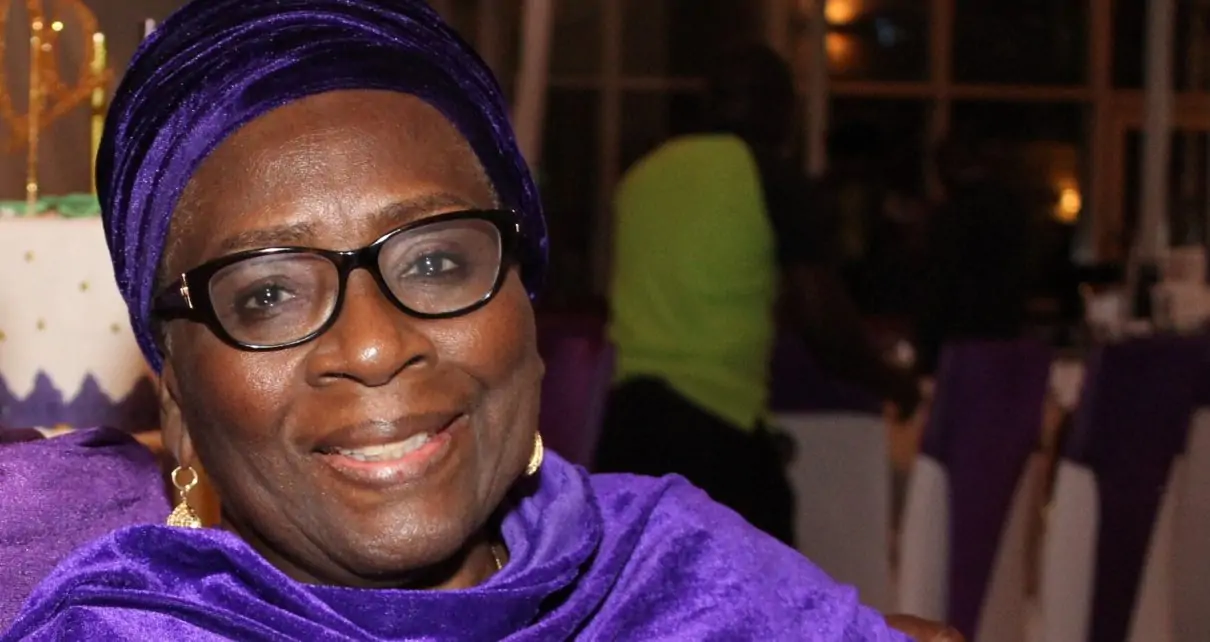
Urges FG, organisations to make treatment accessible
The Gabi Williams Alzheimer’s Foundation (GWAF), yesterday, urged the Federal Government and organisations to invest in more research, provide resources and make treatment for Alzheimer’s disease available and accessible.
It also lamented that many Nigerians do not recognise the symptoms of Alzheimer’s disease, which makes care diseases limited or neglected.
The Foundation, however, called Nigerians’ attention to the disease during an event on Brain Health in the Corporate Structure held in Agoro Odiyan, Adeola Odeku area of Lagos State.
Alzheimer is a progressive neurological disease that affects memory, cognitive abilities, thinking, and behaviour. It significantly impacts not only the individuals diagnosed but also their families and caregivers, leading to emotional and financial strain.
There are over 55 million people worldwide living with dementia in 2020. This number will almost double every 20 years, reaching 78 million in 2030 and 139 million in 2050. Much of the increase will be in developing countries.
In her address, Dr Abisola Gabi-Williams described Alzheimer’s dementia like a butterfly regressing to its caterpillar stage, but said there is hope.
She said that new treatments like Lecanemab, which can slow the rate of disease progression in patients with early Alzheimer’s symptoms by up to 30 per cent are rising on the horizon of medical breakthrough.
The team at the Gabi Williams Alzheimer’s Foundation will do everything in its power to support the Federal Government and healthcare organisations to make new treatments accessible and affordable in Nigeria.
To this end, she provided an acronym that can help every Nigerian recognise the symptoms of Alzheimer’s dementia. It is called FLOW.
F – stands for Forget (forgetting what you have just said and often repeating oneself, forgetting familiar places or faces).
L- stands for Lose (losing important things all the time, losing interest in things you always enjoyed, losing your way getting to familiar places)
O-stands for Overlook (overlooking basic things like dressing appropriately, grooming oneself, paying your bills, and turning off things like a cooking stove)
W – stands for Wander (wandering around aimlessly and getting lost).
Also speaking, a trustee at GWAF, Olatoun Gabi-Williams, said: “Poor health of the brain is linked to several factors, such as hypertension, Type 2 diabetes, hyperlipidemia, smoking and periodontal disease. The identification and treatment of these disorders are important in the fight against Alzheimer’s disease and for those who seek to keep this type and other types of dementia at bay.






